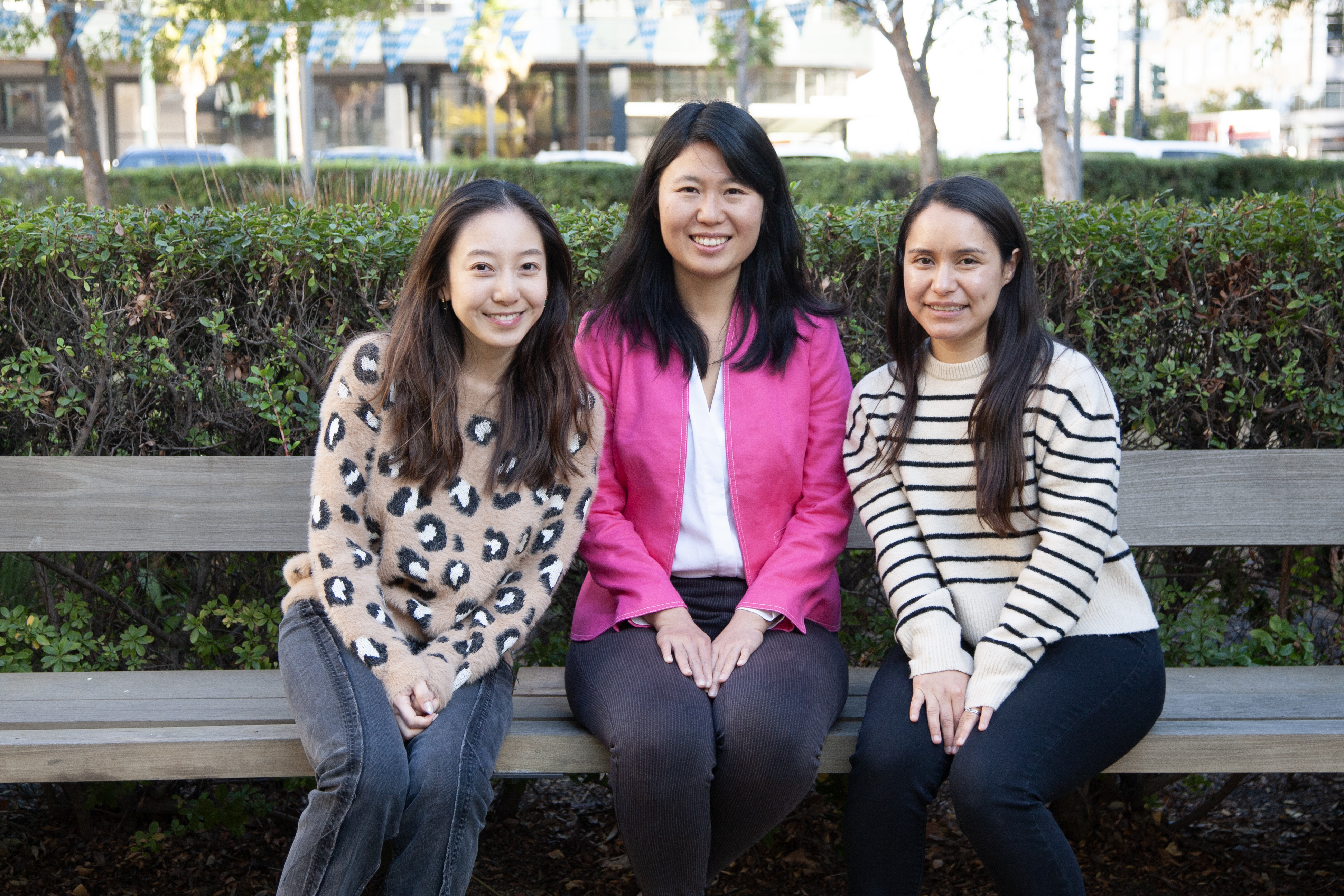Education

The Division of Pediatric Allergy, Immunology, and Bone Marrow Transplantation offers exciting training opportunities for medical students, residents, and fellows. Physicians-in-training care for patients in our Allergy, Immunology, and BMT clinics, and conduct research with our faculty and others at UCSF.
Medical Students
As a medical student in your third or fourth year, you are invited to complete a rotation in either our Allergy & Immunology Clinics or our BMT Inpatient Service. Students doing rotations can expect to assist our faculty, fellows, residents, and other clinical staff. You will interact with patients and perform basic medical procedures according to your training. The length of time you spend in our rotation is typically four weeks. Please visit (LINK) for more information.
Residents
Residents (Allergy / Immunology)
UCSF Pediatric Residents may rotate through Allergy/Immunology outpatient clinics for 2 weeks during their elective time in the second year. Residents who have an interest in a career in Allergy/Immunology may choose to pursue a mentored research project with one or more of the AI faculty. Residents from outside UCSF are encouraged to pursue a 4-week away rotation in our Allergy/Immunology outpatient service. The rotation can be tailored to the interest of the applicant and can include some inpatient experience. Residents who rotate will be expected to attend immunology post clinic conference and are invited to attend other didactic sessions on Wednesday afternoon. A presentation at the end of the rotation based on an interesting case is highly encouraged. For more information please visit the UCSF Pediatric Residency Program.
Residents (BMT)
UCSF Pediatric Residents may rotate through the inpatient BMT service for 2 weeks during their second year as an elective. Residents with an interest in pursuing fellowship training in Pediatric Hematology/Oncology/BMT may choose to perform a mentored research project with one or more BMT faculty.
As many Pediatric Residency programs nationally do not provide their residents with BMT exposure, Pediatric Residents (from other accredited US programs) in their second or third years who anticipate a career in either Hematology / Oncology or Immunology are welcome to do a 4-week away rotation on our inpatient BMT service. They will work in parallel with the UCSF resident and nurse practitioners to provide care for our diverse population of pediatric patients undergoing hematopoietic cell transplantation, and are expected to present an Educational Conference regarding an interesting disease or transplant complication. Please visit the UCSF Pediatric Residency Program for more information.
